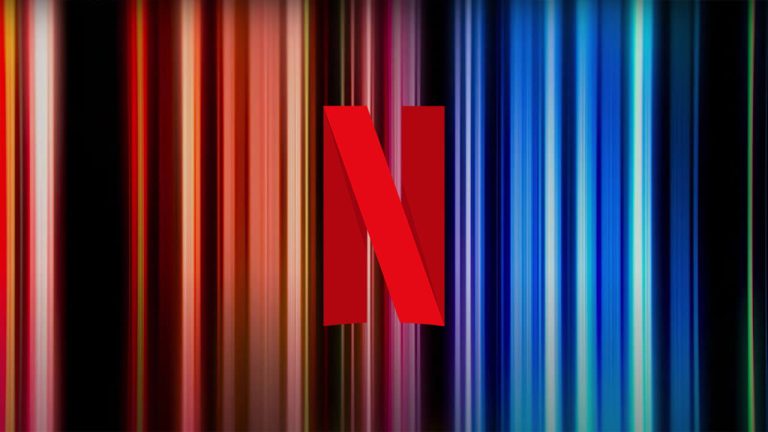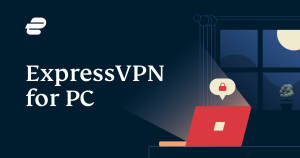Internet Protocol Television (IPTV) has revolutionized the way we access television content offering a convenient way to stream live TV channels and on demand content over the internet with IPTV viewers can enjoy a diverse range of shows movies and sports events directly on their devices however one of the questions that often arises is whether its necessary to use a Virtual Private Network (VPN) when streaming IPTV in this guide well explore the role of VPNs in IPTV viewing their benefits and why using a VPN can be crucial for a safe and enjoyable experience.
What Is IPTV?
Before diving into the need for a VPN lets briefly understand what IPTV is unlike traditional cable or satellite TV IPTV uses the internet to deliver television content. It allows users to stream channels shows and movies directly on smart TVs streaming devices smartphones or computers the content can be accessed through an IPTV subscription service providing users with a vast range of live and on demand programming.
What Is a VPN?
A VPN or Virtual Private Network is a service that encrypts your internet connection and routes it through a server in a different location by doing so a VPN hides your actual IP address making it appear as if you are browsing from a different region this not only enhances privacy but also allows access to geo restricted content.
Is a VPN Required for IPTV?
The short answer is no a VPN is not strictly required to watch IPTV many IPTV services can work without a VPN and users can stream content without any additional software. However while it may not be mandatory using a VPN can provide several benefits that can significantly enhance your IPTV streaming experience.
Why Consider Using a VPN with IPTV?
Here are some key reasons why using a VPN is often recommended when streaming IPTV:
1. Bypassing Geo-Restrictions
One of the biggest advantages of using a VPN is the ability to bypass geo restrictions many IPTV services offer content that is restricted to specific regions for example certain sports channels or streaming libraries may only be accessible to viewers in certain countries a VPN allows you to connect to a server in a region where the content is available enabling you to access it as if you were located in that country.
- Example: If you want to watch a live sports event that is only available in the UK you can use a VPN to connect to a UK server and stream the content without restrictions.
- Benefit: This flexibility ensures you have access to a broader range of shows and channels that might otherwise be unavailable in your location.
2. Protecting Your Privacy
IPTV services typically require an internet connection, meaning that your streaming activity can be monitored by your Internet Service Provider (ISP) this can lead to privacy concerns especially if you are using unofficial IPTV services a VPN encrypts your data, making it nearly impossible for your ISP or any other third parties to see what you are streaming.
- Example: If you value privacy and want to keep your streaming habits confidential using a VPN ensures that your data remains secure and private.
- Benefit: This is particularly important if you live in a country where internet usage is heavily monitored or if you are accessing content that may be in a legal gray area.
3. Avoiding ISP Throttling
Many users experience slow streaming speeds or buffering when using IPTV services one common reason for this is ISP throttling where your internet provider deliberately slows down your connection when it detects high bandwidth activities like streaming.
- Example: If you notice that your IPTV streams are constantly buffering during peak hours it could be due to ISP throttling.
- Benefit: A VPN masks your online activity making it difficult for your ISP to know that you are streaming this can prevent throttling and result in smoother streaming with fewer interruptions.
4. Enhanced Security on Public Networks
If you frequently stream IPTV using public Wi-Fi networks such as those in cafes hotels or airports a VPN is highly recommended public networks are often unsecured making them a target for hackers who might try to intercept your data.
- Example: Streaming IPTV while traveling and using hotel Wi-Fi can expose your data to potential security risks.
- Benefit: A VPN encrypts your connection keeping your personal information and streaming activity safe from prying eyes even when using public networks.
When Is a VPN Especially Important for IPTV?
While using a VPN is beneficial in many scenarios there are certain situations where it becomes particularly important:
Accessing Content in Censorship Heavy Regions
In some countries access to certain IPTV services or streaming websites may be restricted or blocked governments in these regions often control what content can be accessed through the internet a VPN can help users bypass these restrictions by masking their IP address and making it appear as though they are browsing from a different country.
Using Unofficial IPTV Services
There are many IPTV services that operate unofficially offering access to a wide range of channels without the necessary licenses while these services may offer attractive pricing they come with significant risks using a VPN in these cases can provide a layer of protection against legal action or scrutiny.
Avoiding Bandwidth Restrictions
For users with internet plans that come with data caps or bandwidth restrictions a VPN can help reduce the chance of hitting these limits since a VPN hides your online activities it makes it harder for ISPs to monitor your usage and enforce these restrictions.
Potential Downsides of Using a VPN with IPTV
While there are many advantages its also important to consider the potential downsides of using a VPN with IPTV:
- Slight Decrease in Speed: Because a VPN encrypts your data and routes it through a server in another location it can sometimes result in a slight decrease in internet speed. However premium VPNs like NordVPN or ExpressVPN are optimized for speed and typically minimize this issue.
- Additional Cost: A high quality VPN comes with a subscription fee which can be an additional cost on top of your IPTV service while free VPNs are available they often come with data limits slower speeds and fewer server options.
How to Choose the Right VPN for IPTV
If you decide that using a VPN with IPTV is the right choice for you here are some factors to consider when selecting a VPN:
- Server Locations: Choose a VPN with a large number of server locations especially in countries where your desired content is available.
- Speed and Performance: Look for a VPN that is optimized for streaming many VPNs offer features like NordLynx or WireGuard protocols for faster connections.
- Ease of Use: A user friendly interface makes it easier to connect to a VPN server quickly which is important when you want to start streaming right away.
- Strong Encryption: Make sure the VPN uses strong encryption standards like AES-256 to protect your data.
Setting Up a VPN for IPTV
Here’s a quick overview of how to set up a VPN for IPTV streaming:
- Choose a VPN provider and sign up for a subscription.
- Download the VPN app on the device you use for IPTV streaming (e.g., Android Box, Firestick or Smart TV).
- Log in to the VPN using your account credentials.
- Connect to a server based on your location needs (e.g. a server in the U.S. for American content).
- Start streaming your IPTV content with enhanced privacy and access.
Conclusion: Should You Use a VPN for IPTV?
While a VPN is not an absolute requirement for streaming IPTV it provides significant advantages that can enhance your overall experience from bypassing geo restrictions to ensuring privacy and preventing ISP throttling a VPN offers a level of freedom and security that is invaluable for many users.
If you are looking to access a broader range of content maintain your privacy or simply want to ensure smoother streaming without interruptions investing in a good VPN is worth considering with the right VPN you can enjoy IPTV with peace of mind knowing that your connection is secure and your favorite shows are just a click away.











